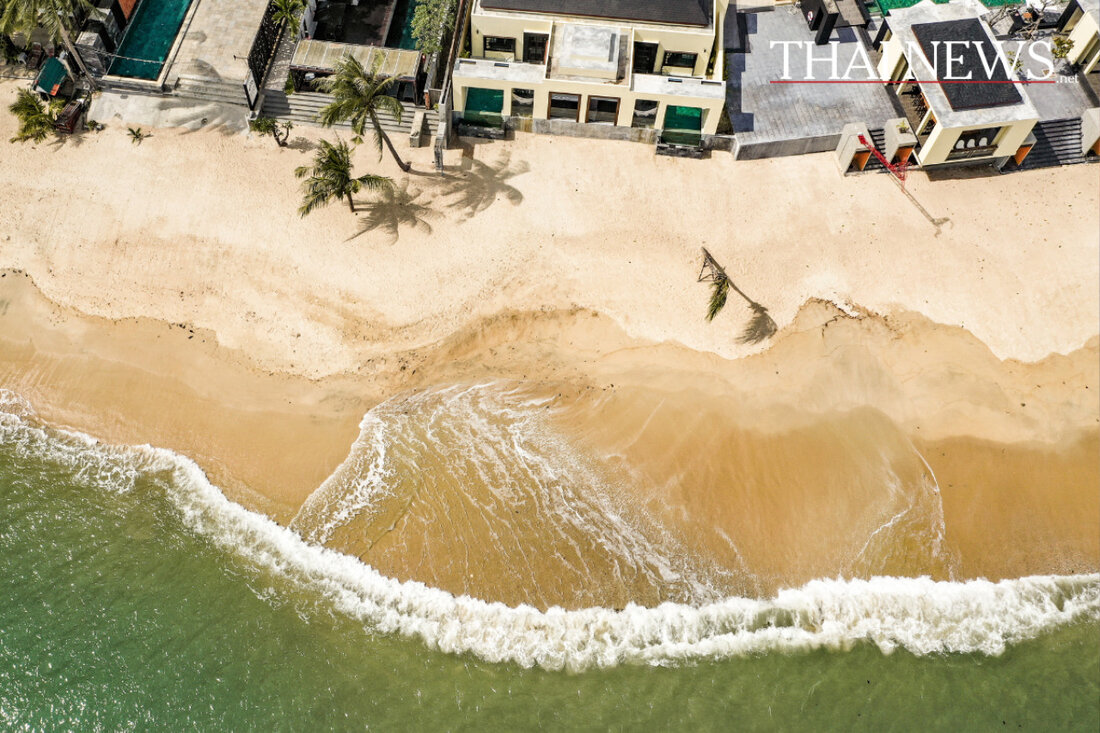Big companies in Thailand in their sights: fight against illegal nominees!
Koh Samui is the focus of the authorities: strict measures against illegal nominee transactions are intended to curb commercial crimes.

Big companies in Thailand in their sights: fight against illegal nominees!
Things are now getting serious in Thailand: The Department of Business Development (DBD) has adapted its working procedures to put a stop to illegal nominee business. The focus is primarily on large companies that do not comply with the regulations. Extensive investigations are already underway, particularly on Koh Samui and Koh Phangan, as Bangkok Post reports. Poonpong Naiyanapakorn, the director general of the DBD, announced that targeted inspections will be carried out in high-risk provinces in the coming weeks. This is intended to check companies that may be violating the Foreign Business Act.
According to the latest figures, around 7,000 companies have already been inspected in Surat Thani, especially in the real estate and tourism sectors. The DBD's strategy has changed: Efficiency is to be further increased by reducing the number of companies examined from 46,918 to a few thousand high-risk cases. Higher business closures show that the pressure on companies is increasing: in the third quarter of this year, closures increased by almost 80% compared to the previous quarter.
A new committee against abuse
In light of these developments, a new committee will be set up, headed by the Deputy Prime Minister. The Ministry of Commerce also plans to ask the Prime Minister for support. This new committee will consist of representatives from key agencies, including the Anti-Money Laundering Office. The aim is to counter illegal imports and foreign companies that use nominee structures while promoting foreign investment, as described in the Thai Times. The aim is to improve the legal framework for legitimate business models.
But not only new committees and measures are used. Since September 2024, enforcement against nominees has increased significantly. In addition, over 860 cases have been processed, causing economic damage of over 15.3 billion baht, reports Thai Law Online. Several suspects, including foreigners, were arrested, particularly in tourist hotspots such as Phuket. An alarming sign that the Thai authorities are determined to crack down on illegal activity.
Rights and penalties for violations
The topic of nominee structures is not only economically explosive, but also has legal consequences. Making Thai legislation more attractive remains a government goal. But those who violate the law face significant penalties - up to three years in prison and hefty fines are possible. The Supreme Court has even adopted a “substance over form” analysis to assess the integrity of nominee agreements.
It is clear that the Thai government is committed to ending any abuse of nominee business and protecting the economy. Things are becoming increasingly risky for foreign investors who continue to rely on controversial structures. The coming months could be crucial for the future of many companies in this country.

 Suche
Suche
 Mein Konto
Mein Konto
